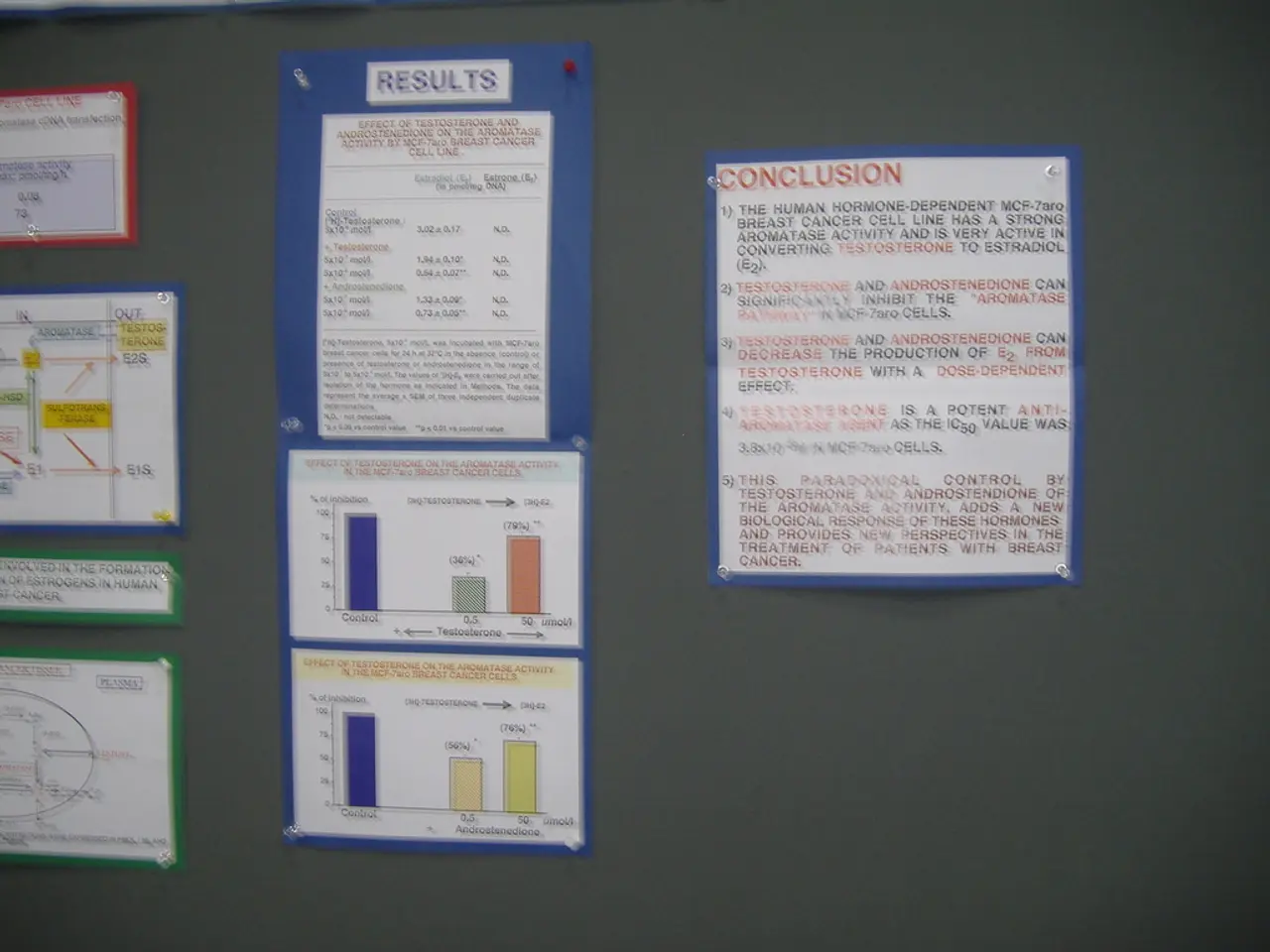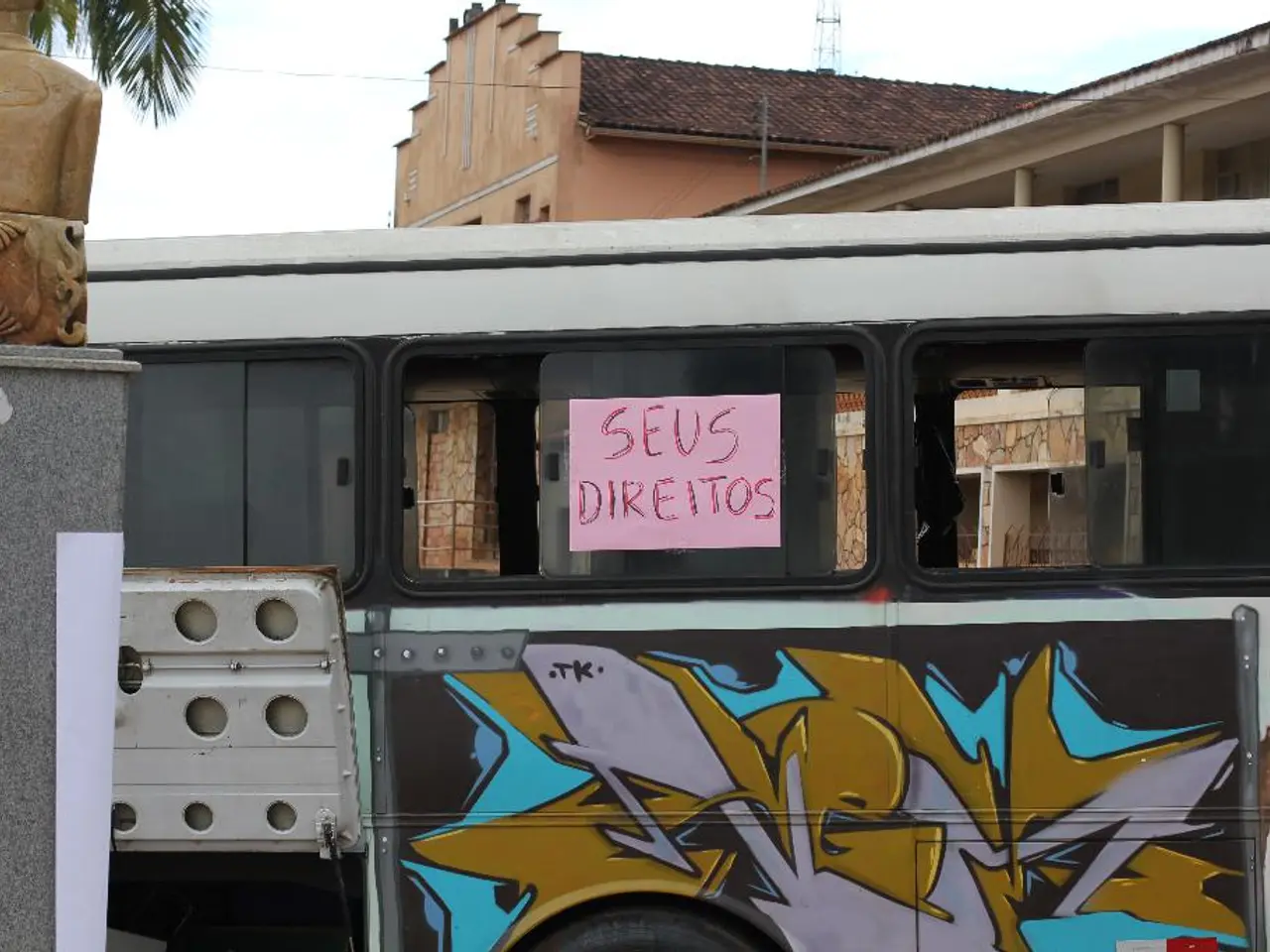SPD's regional parliament invites STOAG labor councils to the state legislature
In a recent meeting, MPs Sonja Bongers and Stefan Zimkeit, along with the STOAG management board members, Uwe de Wys, Thorsten Kamps, Manfred Michalik, and Vedat Koca, discussed the ongoing issues facing the public transportation sector in Oberhausen.
The core concern is the persistent shortage of skilled workers in the sector, which is affecting the safety and quality of services. This shortage, common among transport companies in Germany, is due to a competitive labor market and demographic shifts resulting in fewer young workers entering these professions.
The introduction of the Germany Ticket, designed to encourage wider public transit use, has led to increased ridership but also added strain to already limited staff and resources. Without addressing staffing issues, this growth could worsen overcrowding and service delays, further stressing the transport system in Oberhausen and similar cities.
Safety concerns were also raised, as reduced staff availability may challenge operational safety standards and emergency responsiveness. Sufficient trained personnel are crucial for monitoring and managing public transport vehicles, especially trams and buses.
Sonja Bongers emphasized the need for incentives to make jobs in public transportation more attractive, while Stefan Zimkeit stated that the lack of investment in transport infrastructure must be urgently addressed. The SPD MPs and STOAG management board members agreed that the Germany Ticket should not compromise expansion and quality in public transportation.
The discussion also focused on the acute shortage of skilled workers and the safety of employees. STOAG management board members expressed that employees in public transport demand more respect for their work, and insults and other incidents towards employees should not be tolerated.
Frederick Cordes, SPD transport expert, pointed out that staff shortages in public transportation are impacting daily life in Oberhausen, and disruptions to the rail or road network in the city also disrupt people's lives due to reliance on a functioning road network and an attractive public transport system.
The Oberhausen MPs promised to deepen the exchange with STOAG management board members in the future, acknowledging the need for coordinated workforce training, recruitment incentives, and operational adjustments to maintain safety and service reliability.
The discussion underscores the challenges facing Oberhausen's public transportation system and the need for urgent action to address the skilled worker shortage, improve infrastructure, and ensure the safety and respect for employees in public transport.
- The Germany Ticket, designed to promote public transit use, has added strain to already limited staff and resources in the sector, necessitating the introduction of creative solutions to address the shortage of skilled workers.
- In the public transportation sector, safety is paramount, and the ongoing issue of a skilled worker shortage may impact operational safety standards and emergency responsiveness.
- In the discussion, Sonja Bongers suggested implementing incentives to make jobs in public transportation more appealing, while Stefan Zimkeit emphasized the urgent need for investment in infrastructure to bridge the skills gap.
- The growing reliance on public transportation in cities like Oberhausen means that staff shortages and disruptions can have a profound impact on the general news, resulting in shifts in the daily lives of numerous residents.




